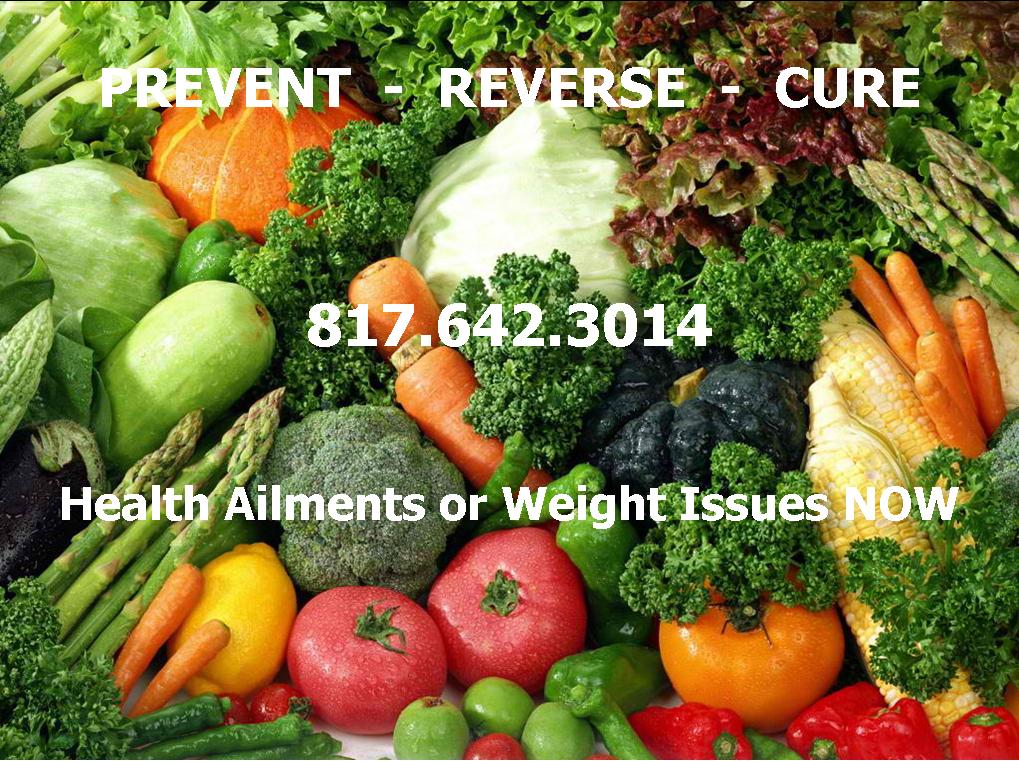
Dr Suzanne Joy S Stuart ND PhD Naturopath Doctor
Holistic Nutritionist
Homeopathy
Colon Cleansing Detox
Wellness Health Intuitive
MyoFascial Release
Massage Therapy
Mind-Body Therapy
Pain & Trauma
Reflexology
Kinesiology
Soul Counseling
NATURALLY BALANCED HEALTH - Holistic Wellness
Homeopath - Life Health Coach
Dr Suzanne Joy Stuart, PhD ND
CONTACT: 817-642-3014
ur.healthy4.life@earthlink.net
ADDITIVES AND POISONS in Pet Foods
The following ingredients listed in packaged pet food are known to be Cancer causing: BHT, BHA, Ethoxyquin and
Sugar is harmful to pets.
Most pets are lactose intolerant
Sugar, Chocolate, Mushrooms, Melted Cheese are harmful or
Also, to Very careful with broccoli, onion
It's Not Easy Being Green: Popular Plants Poisonous to Pets
As gardeners across the country say goodbye to summer, green thumbs and amateurs alike are scooping up houseplants to spice up the fall and winter months. They're also taking off their sunhats and dragging outdoor plants inside to protect them from upcoming dips in temperature.
Plants are popular for their decorative, restorative and air-clearing properties, but many species are toxic to our curious furry friends. Soil and leaves attract dogs and cats, who like to chew on vines and romp in the dirt. The ASPCA's garden gurus set the record straight on some of the season's most poisonous best-sellers:
Although most common in springtime
English ivy creeps its way into our hearts, but its precious vines contain triterpenoid saponins, which can cause vomiting, abdominal pain, hypersalivation and diarrhea if eaten by dogs and cats.
Two of the hottest plants to hit office cubicles across the country are peace lily and pothos. Both are hearty and tolerate a fair amount of neglect, but for cats and dogs, they can cause irritation of the mouth, lips
Oleander, a pretty shrub used as an ornamental plant in warmer regions, can also be cultivated indoors in cooler climes. One of the most poisonous plants to pets and people, it can lead to GI irritation, abnormal heart function, hypothermia and even death.
Keep the nibbler in your life safe from toxic foliage by placing all plants out of reach. Or better yet, choose a nontoxic alternative to brighten your home, soothe your soul and protect your pet. As always, if you think your pet has ingested something poisonous, please contact your vet or the ASPCA Animal Poison Control Center's 24-hour hotline at (888) 426-4435.
Watch our plant safety video for more information, and enjoy a safe and spicy change of season!
© Copyright (1997-2022)
TX: Naturally Balanced Health: Naturally Balanced Health - Holistic Wellness
All Articles, Information, Logos, and trademarks connected with every page are the intellectual property of Dr. Suzanne Joy Stuart,
Ph.D. ND and cannot be reused or resold without her prior consent. ALL RIGHTS RESERVED.






